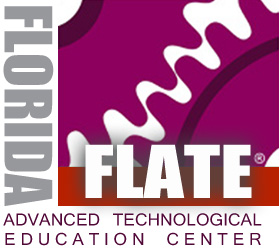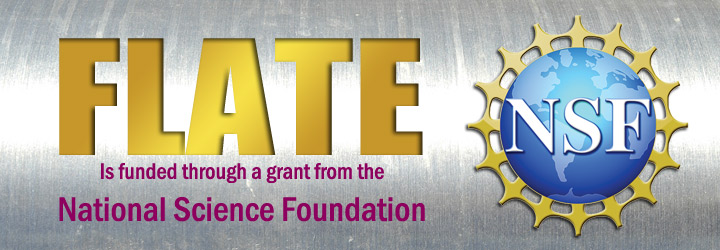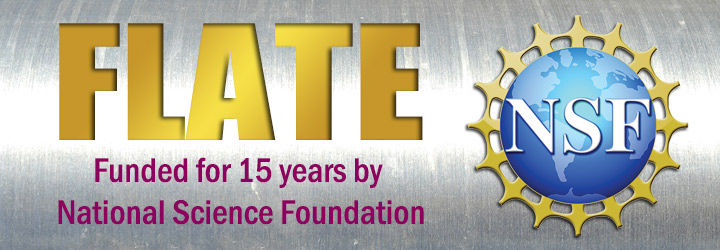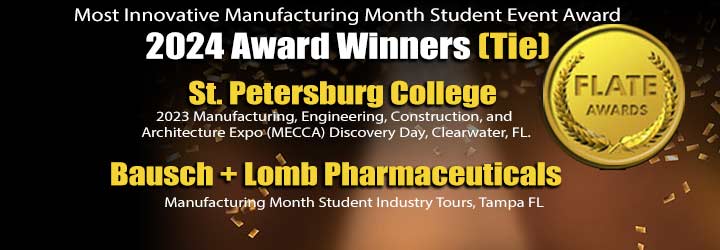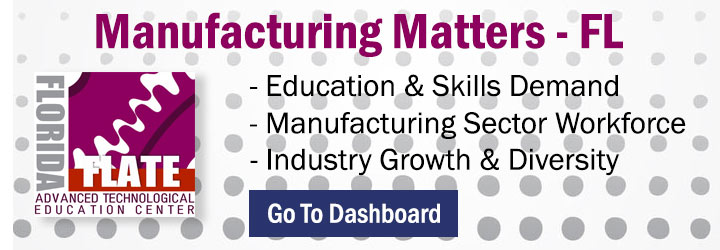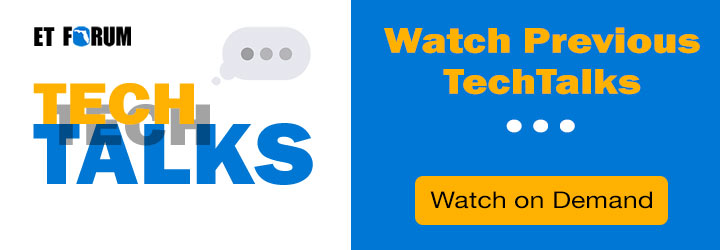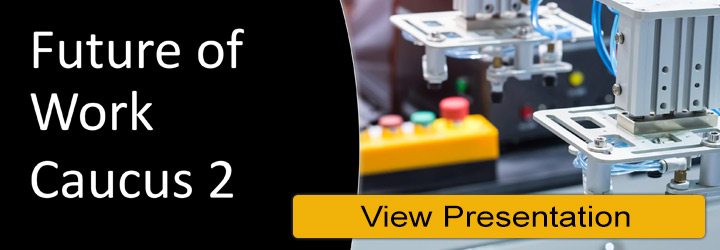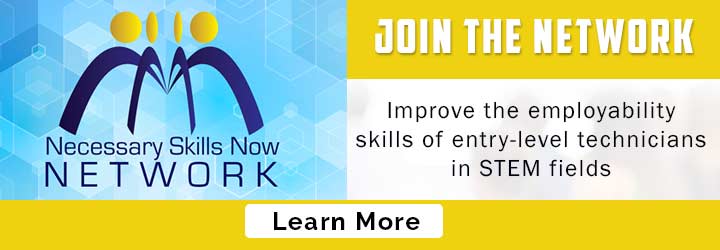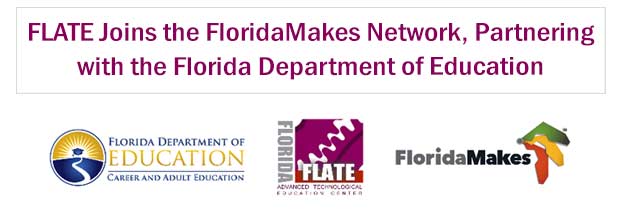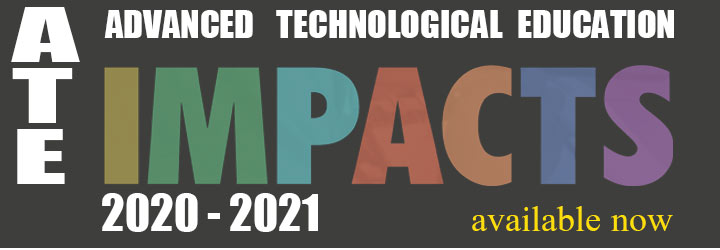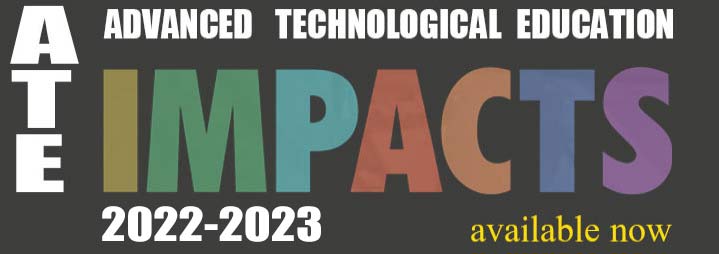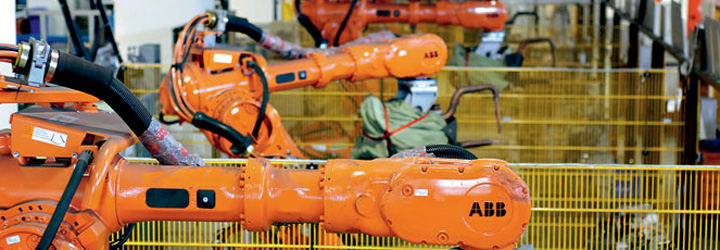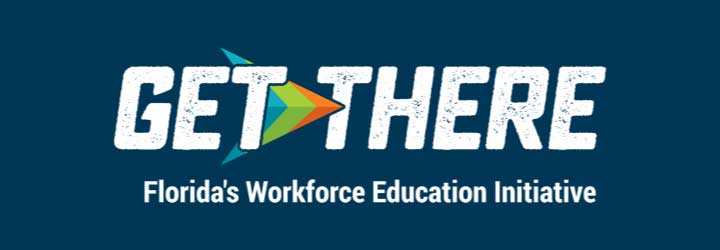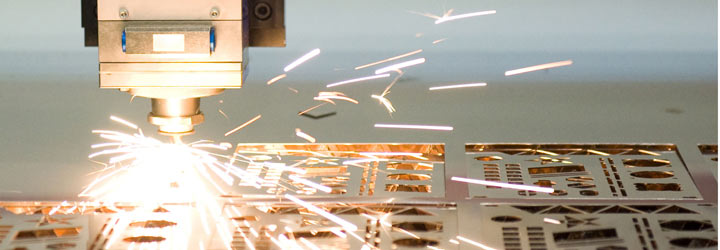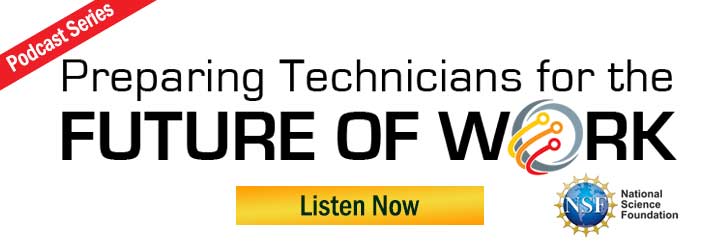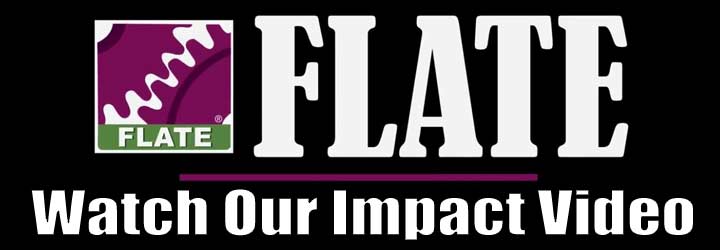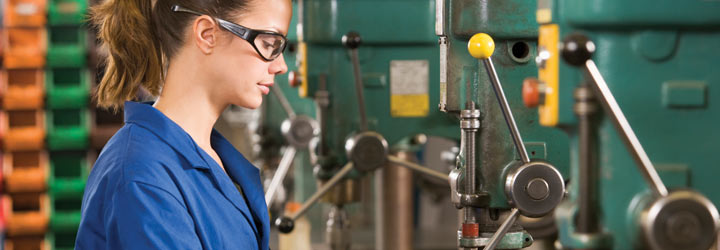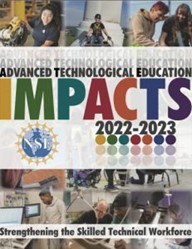HI-TECH through the lens of a post secondary adult vocational educator
Career and technical education is an important component in building the knowledge and technical base of the 21st century workforce. The 2010 High-Impact Technology Exchange (HI-TECH) Conference held in Orlando, in July, served as a hot-spot for cultivating excellence in technical education/training. The conference was jointly hosted by two NSF ATE Centers, FLATE and SPACE TEC, and offered several venues for networking and professional development.
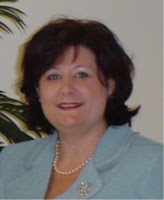 |
| AnnMarie Courtney, principal of ALTC |
For educators like AnnMarie Courtney, the conference was a true depiction of how industry can work with educators in defining advanced technical education systems. Courtney who serves as the Principal of Aparicio-Levy Technical Center (ALTC), a post-secondary training center specializing in business and information technology skill training located in Tampa, FL, says one of the most valuable take-home nuggets from the conference “was the free exchange of ideas, knowledge about best-practices, and sharing technical know-how between attendees and administrators who administer successful advanced technical programs across the country.” She describes the sessions as informative—one that brought a shift in thought about standard procedures, shed fresh perspective on ways to effectively meet instructors’ as well as students’ needs, and highlighted the need to make industry leaders aware about educational, project-based learning programs available in high-tech centers of excellence throughout Florida.
To that effect, Courtney applauded FLATE’s (the NSF Center for Excellence in Advanced Technological and Manufacturing Educationh located at Hillsborough Community College (HCC) in Brandon efforts in facilitating such events. “I think FLATE has a perspective that is not bounded by the parameters of the traditional school district/educational set-up, and has access to avenues that underline the importance of partnerships between industry and education to accomplish targeted goals.” The conference was a “true validation of what industry and educators are trying to accomplish,” and provided a wealth of online resources (webinars, curriculum guides) to community college and technical school educators. “We felt welcomed, felt like we were a part of that puzzle in promoting and refining higher education and the programs, and felt like we had something to offer everyone on a national level” Courtney said.
 Indeed, for centers like Aparicio-Levy Technical Center (ALTC), HI-TECH served as a guide in charting a “roadmap for success.” The Center caters to a diverse range of students that include those looking for initial career skills to enter the workforce for the first time, students looking to retool current skills set for career advancement, and assist local industry partners with proprietary training needs.
Indeed, for centers like Aparicio-Levy Technical Center (ALTC), HI-TECH served as a guide in charting a “roadmap for success.” The Center caters to a diverse range of students that include those looking for initial career skills to enter the workforce for the first time, students looking to retool current skills set for career advancement, and assist local industry partners with proprietary training needs. Given its strategic role in shaping the educational/career pathways of students ALTC relies heavily on industry feedback to maneuver the flavor of its courses/programs, and offers programs which range from 150 hours to 1,000 hour courses. Under the post secondary adult vocational program, ALTC offers a plethora of programs ranging from biomed technician, information technology specialist, manufacturing tech, new media production tech, medical office technician, e-business courses etc. “We are about putting people to work, and we want to give people the opportunity to continue their education, earn those essential credentials that can either land them that job they’re looking for, or help advance their career goals” Courtney said. ALTC also offers workforce essentials skills that help people acquire basic knowledge/skills (interviewing skills, computer skills, workplace etiquette) to launch a specific career. For corporate clients the Center offers continuing education credits and industry training programs that include CPR, entry-level management courses, and diversity training credits.
ALTC’s commitment lies in providing industry relevant training that is supported b y program advisory boards, and has embedded employability components. Students can earn a variety of industry certifications depending on the type of program they’re enrolled in. The information technology specialist program prepares students for the A+ exam, as well as the CISCO certification exam. The mobile electronic installer program prepares students for the Mobile Electronic Certified Program, while the students enrolled in the new media production specialist program can earn the Adobe Associate Essentials credentials in Photoshop, Dreamweaver and FLASH. Students also have the ability to earn a number of Microsoft certifications in WORD, PowerPoint and Excel.
y program advisory boards, and has embedded employability components. Students can earn a variety of industry certifications depending on the type of program they’re enrolled in. The information technology specialist program prepares students for the A+ exam, as well as the CISCO certification exam. The mobile electronic installer program prepares students for the Mobile Electronic Certified Program, while the students enrolled in the new media production specialist program can earn the Adobe Associate Essentials credentials in Photoshop, Dreamweaver and FLASH. Students also have the ability to earn a number of Microsoft certifications in WORD, PowerPoint and Excel.
 y program advisory boards, and has embedded employability components. Students can earn a variety of industry certifications depending on the type of program they’re enrolled in. The information technology specialist program prepares students for the A+ exam, as well as the CISCO certification exam. The mobile electronic installer program prepares students for the Mobile Electronic Certified Program, while the students enrolled in the new media production specialist program can earn the Adobe Associate Essentials credentials in Photoshop, Dreamweaver and FLASH. Students also have the ability to earn a number of Microsoft certifications in WORD, PowerPoint and Excel.
y program advisory boards, and has embedded employability components. Students can earn a variety of industry certifications depending on the type of program they’re enrolled in. The information technology specialist program prepares students for the A+ exam, as well as the CISCO certification exam. The mobile electronic installer program prepares students for the Mobile Electronic Certified Program, while the students enrolled in the new media production specialist program can earn the Adobe Associate Essentials credentials in Photoshop, Dreamweaver and FLASH. Students also have the ability to earn a number of Microsoft certifications in WORD, PowerPoint and Excel. ALTC also serves as one of the testing centers to earn the Florida Ready to Work credentials that tests three essential skills: reading for information, applied mathematics, locating information. “We are able to successfully encourage students to continue their education to earn industry certifications that provide access to statewide articulation agreements/programs to transfer those credits to continue higher education” Courtney said. This seamless transition offers greater flexibility for graduates to transfer credits to either join the workforce, or continue their education.
To implement some of the forward-thinking perspectives gleaned from the high-tech conference into its current curriculum/programs, ALTC held a preplanning meeting three weeks after HI-TECH. As part of that meeting, they introduced online webinars and other resources garnered from the conference which will give staff an opportunity to explore various options to integrate technology in the classroom. The meeting also prompted a large percentage of ALTC staff to join a book study, Brain-based Learning for the Digital Age.
For more information about Aparicio-Levy Technical Center and its programs, contact AnnMarie Courtney at 813.740.4884 or visit www.goaltc.com. For information on the HI-TECH conference, or about FLATE contact Dr. Marilyn Barger at barger@fl-ate.org or https://www.fl-ate.org/.
